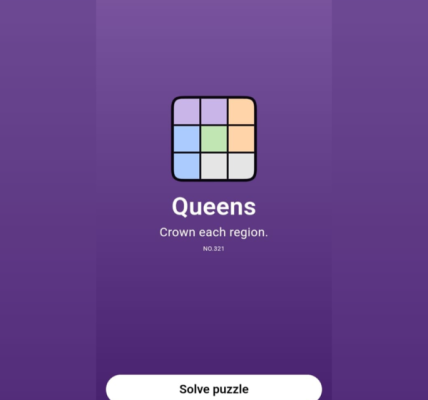The rapid rise of digital communication has profoundly influenced human behavior, particularly in how our brain’s reward system responds to constant engagement. From instant messages to social media likes, these digital interactions trigger powerful neurological responses that shape our emotions, attention, and habits. Understanding how digital communication affects the brain is crucial for developing healthier habits:

How Does Digital Communication Affects Brain Reward System
Instant Gratification and Dopamine Release
Digital communication platforms are designed to deliver immediate responses, creating a cycle of instant gratification. Each notification, like, or message triggers the release of dopamine, a neurotransmitter linked to pleasure and reward.
According to a 2023 study published in Nature Communications, frequent digital interactions can overstimulate dopamine pathways, conditioning the brain to crave constant engagement. This cycle may explain why people often feel compelled to check their devices even without a clear reason. The dopamine release from social media likes can reinforce this compulsive behavior, forming a dopamine loop in social media usage.
The Power of Social Validation
Social media interactions provide a potent form of social validation, which significantly impacts the brain’s reward center. Each “like,” comment, or share reinforces feelings of acceptance and belonging. A 2022 study in JAMA Psychiatry found that teenagers who received frequent positive feedback on social platforms experienced heightened activity in their ventral striatum—the brain’s core reward region.
This response mirrors the dopamine surge experienced in activities like gambling, reinforcing addictive behaviors tied to digital communication. The impact of social media on dopamine levels continues to raise concerns about mental well-being.
The Role of Unpredictability
Platforms like Instagram, TikTok, and messaging apps thrive on unpredictable engagement patterns. Uncertainty about when a message will arrive or whether a post will go viral keeps users engaged longer. This intermittent reinforcement effect, well-documented in behavioral psychology, exploits the brain’s tendency to seek out rewards in uncertain situations.
Research from Stanford University (2023) found that unpredictable notifications increase dopamine release, further amplifying compulsive online behaviors. The impact of unpredictable notifications on focus highlights the need to manage digital habits carefully.
Emotional Triggers and Escalation
Digital communication often amplifies emotional responses. Quick bursts of content—from heated debates to heartwarming videos—trigger intense emotional reactions that heighten dopamine activity. According to a 2023 report by the American Psychological Association, emotionally charged digital interactions can overstimulate the amygdala, the brain’s emotional processing center.
This heightened reactivity fuels patterns of doomscrolling or seeking extreme content for heightened stimulation. Emotional triggers in digital communication contribute to this escalating cycle.

Reduced Attention Span and Cognitive Shifts
Constant digital communication reshapes cognitive patterns, making focus and sustained attention more challenging. A 2022 study by Microsoft found that the average attention span had dropped to just 8 seconds, largely due to frequent digital interruptions.
This fragmented focus alters the brain’s reward system by promoting short-term bursts of engagement rather than prolonged, deep thinking. Cognitive shifts from excessive screen time reinforce this pattern, making it harder to concentrate on offline activities.
The “Phantom Vibration” Phenomenon
The brain’s reliance on digital communication can create phantom vibration syndrome—the false perception that a phone has vibrated. Studies have shown that this phenomenon stems from the brain’s conditioned response to anticipate digital rewards.
According to a 2021 survey by Frontiers in Psychology, over 90% of smartphone users reported experiencing phantom vibrations at some point, illustrating how deeply digital habits affect the nervous system. Smartphone addiction and brain rewiring are closely linked to this phenomenon.
Escaping the Digital Dopamine Loop
To regain control over the brain’s reward system, experts recommend adopting mindful digital habits. Strategies such as disabling non-essential notifications, setting designated screen-free periods, and practicing mindfulness have shown positive results.
Research by the University of California, Irvine (2022) found that reducing smartphone usage by just 30 minutes daily significantly improved focus, reduced anxiety, and enhanced overall well-being. Breaking the cycle of digital dopamine addiction is essential for better mental health. Managing digital habits for better mental health can restore cognitive balance and reduce the negative effects of constant notifications on the brain.
Digital communication’s impact on the brain’s reward system highlights the importance of conscious engagement with technology. While online interactions offer valuable connections and convenience, finding balance is key to maintaining mental clarity and emotional stability.




